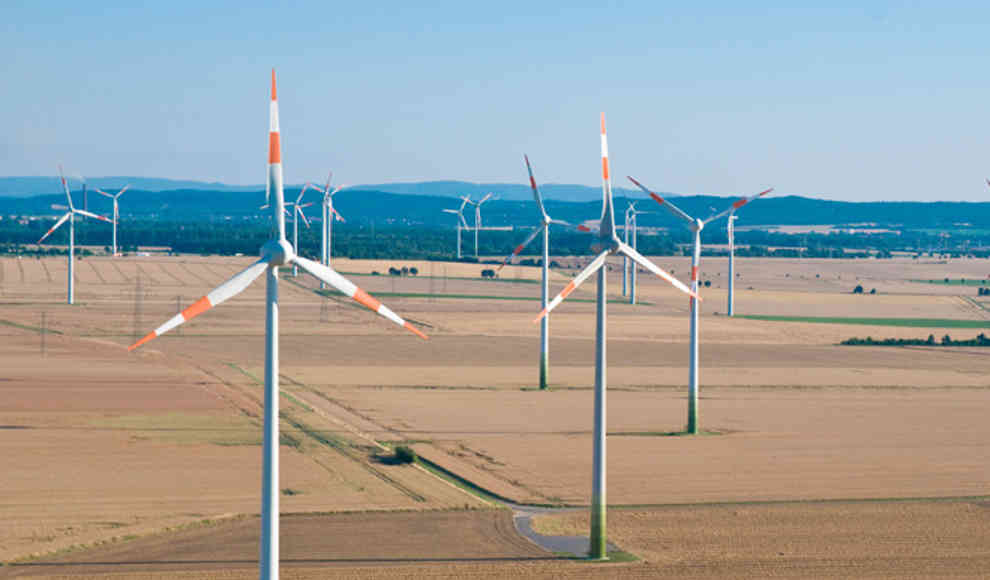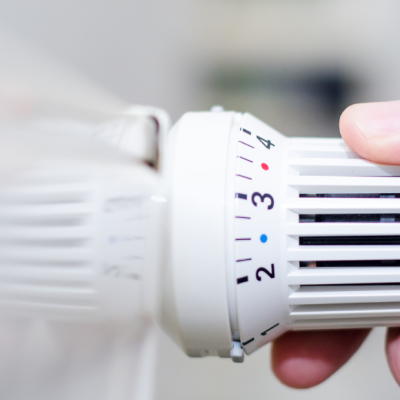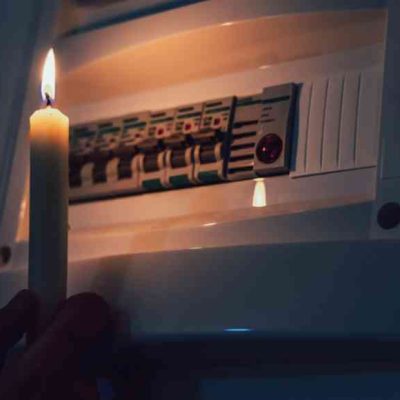French researchers have found a way to store excess energy produced by wind and solar power plants. The researchers from the Université de Grenoble have developed a cheap electrode made of cobalt complexes and carbon nanotubes that can replace the expensive platinum electrodes used in electrolysis to split water into oxygen and hydrogen. The new electrode is as efficient and durable as platinum, but much cheaper. The researchers reported their findings in the journal Nature Chemistry. The new electrode could make hydrogen storage of excess energy much cheaper and more efficient.
The researchers found that the cobalt complexes are among the most efficient molecular catalysts for hydrogen production and have the potential to replace the current electrodes permanently. However, there were some initial problems with using the cobalt-containing molecules as cathodes in electrolysis cells. The solution was a multi-stage system with repeating chemical processes that allowed the active cobalt complexes to dock onto the carbon nanotubes. The new laboratory tests showed that the new cathode could efficiently split water into oxygen and hydrogen with low electrical voltages. The material showed no signs of wear and tear even after seven hours of continuous use and 55,000 reaction cycles.
The new electrode could replace the expensive platinum electrodes used in electrolysis and make hydrogen storage of excess energy much cheaper. However, the researchers still need to find a way to produce the new electrodes in large quantities. If this problem is solved, future excess energy from wind, water, and solar power plants could be stored as hydrogen at a much lower cost.










